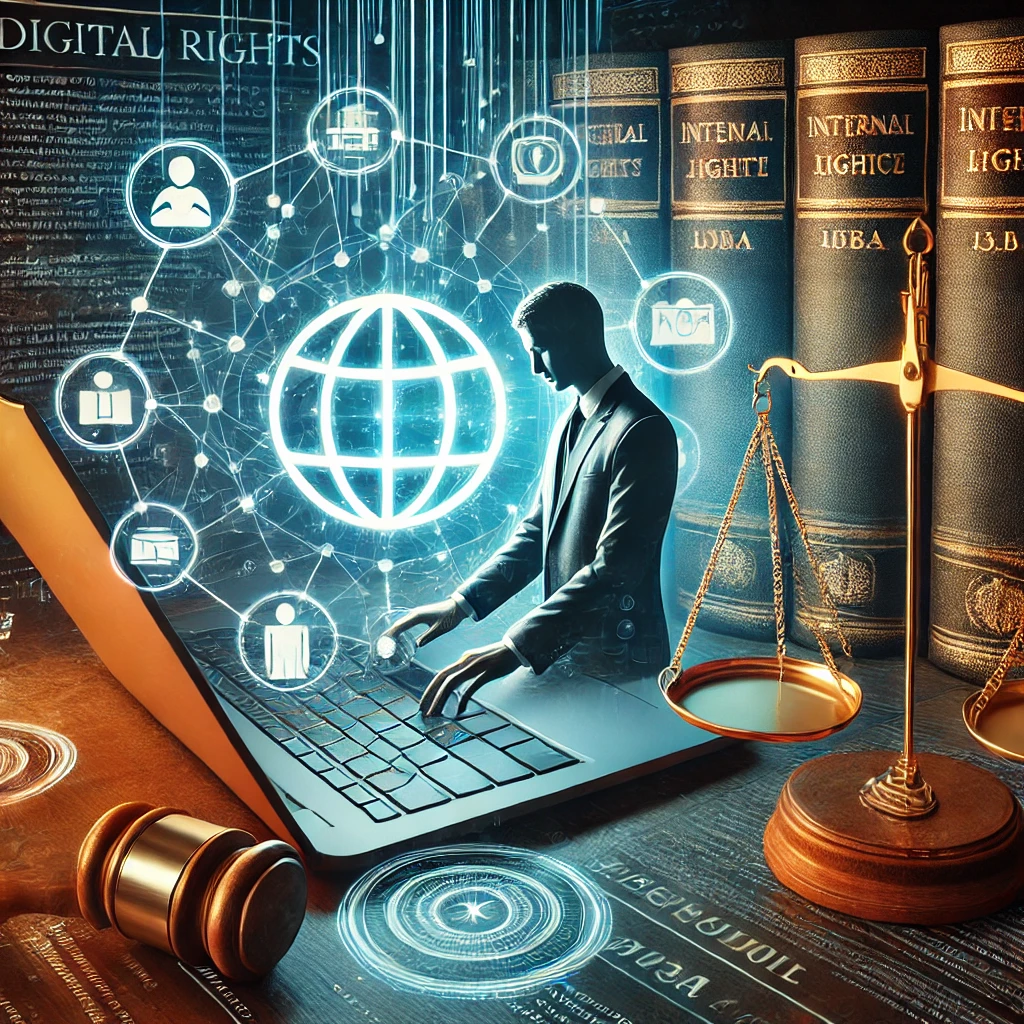Advantages of Cyber Laws
1. Introduction
Cyber laws, also known as Information Technology (IT) laws, regulate activities conducted through computers, the internet, and digital communication.
In India, the Information Technology Act, 2000 and its amendments provide the legal framework for cyber activities, including electronic commerce, digital signatures, and cybercrimes.
Cyber laws are essential in the digital age to protect individuals, businesses, and government systems from misuse and cyber threats.
2. Advantages of Cyber Laws
A. Protection Against Cyber Crimes
Cyber laws criminalize hacking, phishing, identity theft, and cyberstalking.
Ensures legal recourse for victims of cybercrimes.
Example: Unauthorized access to a bank account online can be penalized under Section 66 of the IT Act.
B. Legal Recognition to Digital Transactions
Cyber laws validate electronic contracts, digital signatures, and electronic records.
Encourages secure online commerce and reduces dependence on paper-based processes.
Example: E-commerce agreements and online banking transactions are legally enforceable.
C. Protection of Intellectual Property Rights (IPR)
Cyber laws safeguard copyrights, trademarks, and patents in digital content.
Protects creators from unauthorized copying, piracy, and plagiarism.
D. Ensures Privacy and Data Protection
Cyber laws regulate the collection, storage, and transfer of personal data.
Protects citizens from unauthorized surveillance and misuse of personal information.
E. Facilitation of E-Governance
Supports digital governance, including online filing of taxes, passports, and public records.
Ensures transparency, accountability, and efficiency in government services.
F. Encourages Online Business Growth
Cyber laws boost confidence in digital commerce by ensuring legal protection for both consumers and businesses.
Promotes digital payments, online marketplaces, and IT-based entrepreneurship.
G. Reduces Fraud and Financial Misuse
By defining cyber offences and penalties, cyber laws deter fraud in banking, stock markets, and online trading.
Helps authorities track cybercriminals and secure financial transactions.
H. Strengthening National Security
Cyber laws protect sensitive government data, defense information, and critical infrastructure.
Helps prevent cyber-terrorism, hacking, and attacks on national systems.
I. Dispute Resolution
Provides mechanisms to resolve conflicts arising from digital transactions and online activities.
Encourages alternate dispute resolution methods for faster settlement of cyber-related disputes.
3. Summary Table
| Advantage | Explanation |
|---|---|
| Protection Against Cyber Crimes | Penalizes hacking, phishing, cyberstalking |
| Legal Recognition of Digital Transactions | Validates e-contracts, digital signatures |
| Protection of IPR | Safeguards copyrights, trademarks, and patents |
| Privacy & Data Protection | Prevents misuse of personal and sensitive information |
| Facilitation of E-Governance | Supports online public services efficiently |
| Encourages Online Business | Boosts confidence in e-commerce and digital payments |
| Reduces Fraud & Financial Misuse | Deters online financial frauds |
| Strengthening National Security | Secures government and critical infrastructure |
| Dispute Resolution | Provides legal remedies for online conflicts |
4. Conclusion
Cyber laws are crucial in the modern digital era to provide legal clarity, security, and trust in online interactions.
They protect individuals, businesses, and the state from cyber threats while promoting digital growth and innovation.












comments